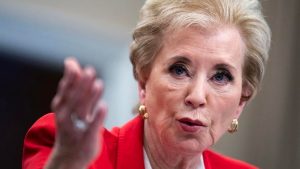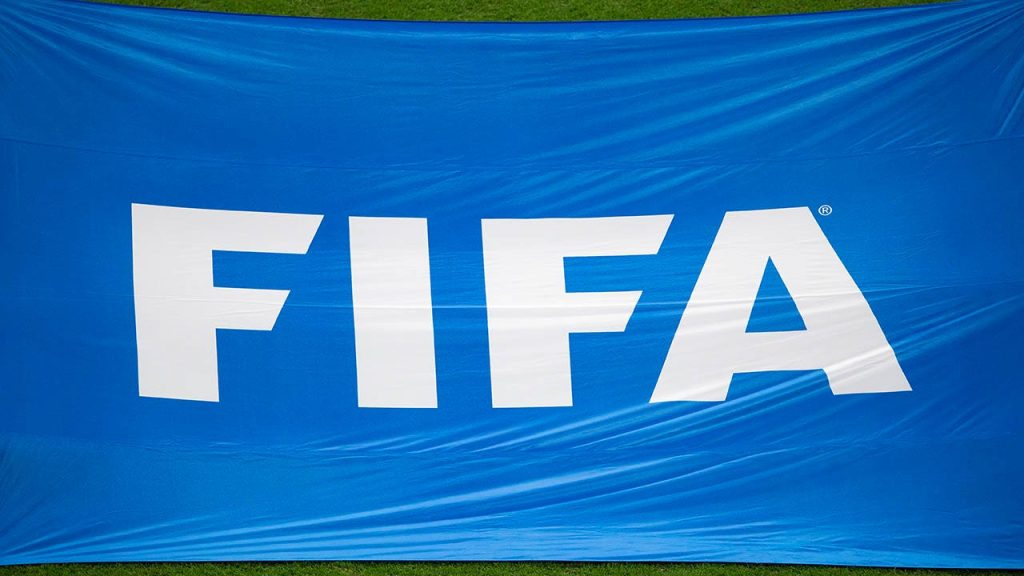The announcement of Saudi Arabia as the host of the 2034 FIFA World Cup has reignited a debate surrounding human rights and the role of mega-sporting events in countries with questionable records. Just two years after the controversial World Cup in Qatar, which faced intense scrutiny over its treatment of migrant workers, FIFA has opted for a similar path, awarding the prestigious tournament to another nation facing allegations of human rights abuses. This decision has sparked widespread criticism from human rights organizations and activists, who argue that FIFA has failed to learn from the mistakes of the past and is prioritizing financial gain over ethical considerations.
The parallels between Qatar 2022 and Saudi Arabia 2034 are striking. Both nations have been accused of exploiting migrant workers, suppressing dissent, and restricting freedoms. The construction of stadiums and infrastructure for the World Cup in Qatar was marred by reports of unsafe working conditions, wage theft, and even deaths among migrant workers. Similar concerns are now being raised about Saudi Arabia, where a massive construction boom is expected in preparation for the 2034 tournament. Critics argue that FIFA’s decision to award the World Cup to Saudi Arabia sends a dangerous message, signaling that human rights violations are acceptable as long as they are accompanied by financial benefits.
FIFA and Saudi officials, however, maintain that hosting the World Cup will be a catalyst for positive change in the kingdom. They argue that the international spotlight on Saudi Arabia will encourage reforms and improvements in human rights. FIFA President Gianni Infantino echoed this sentiment, describing the World Cup as a “unique catalyst for positive social change and unity.” This claim has been met with skepticism by human rights organizations, who point to the lack of tangible progress in Qatar following the 2022 World Cup. They argue that FIFA’s rhetoric about social change often serves as a smokescreen to deflect criticism and justify controversial decisions.
The spotlight on Saudi Arabia’s human rights record will intensify over the next decade as the country prepares for the tournament. The construction of 15 stadiums, hotels, and transportation networks will require a massive influx of migrant workers, raising concerns about their treatment and working conditions. Human rights groups are calling on FIFA to implement robust mechanisms to monitor and protect the rights of these workers, ensuring that they are not subjected to exploitation and abuse. They also urge FIFA to engage with independent human rights organizations and actively address the broader human rights concerns in Saudi Arabia, including freedom of expression, women’s rights, and the treatment of LGBTQ+ individuals.
The Saudi government’s increasing involvement in the sports world, including its financial backing of LIV Golf and the lucrative signing of Cristiano Ronaldo, further complicates the narrative. Critics argue that these investments are part of a broader strategy to “sportswash” the country’s image and deflect attention from its human rights record. The signing of Ronaldo, who expressed his excitement about the 2034 World Cup, has been particularly controversial, with some accusing him of prioritizing financial gain over ethical considerations. The convergence of sports, politics, and human rights will undoubtedly remain a central theme in the lead-up to the 2034 World Cup.
The awarding of the 2034 World Cup to Saudi Arabia represents a significant challenge for FIFA. The organization faces immense pressure to demonstrate its commitment to human rights and ensure that the tournament does not contribute to further abuses. The next decade will be crucial in determining whether FIFA can effectively leverage the World Cup to promote positive change in Saudi Arabia or whether it will become complicit in perpetuating human rights violations. The world will be watching closely to see if FIFA’s rhetoric about social change translates into tangible improvements on the ground. The stakes are high, and the legacy of the 2034 World Cup will depend on the actions taken by FIFA, the Saudi government, and the international community in the years to come.










